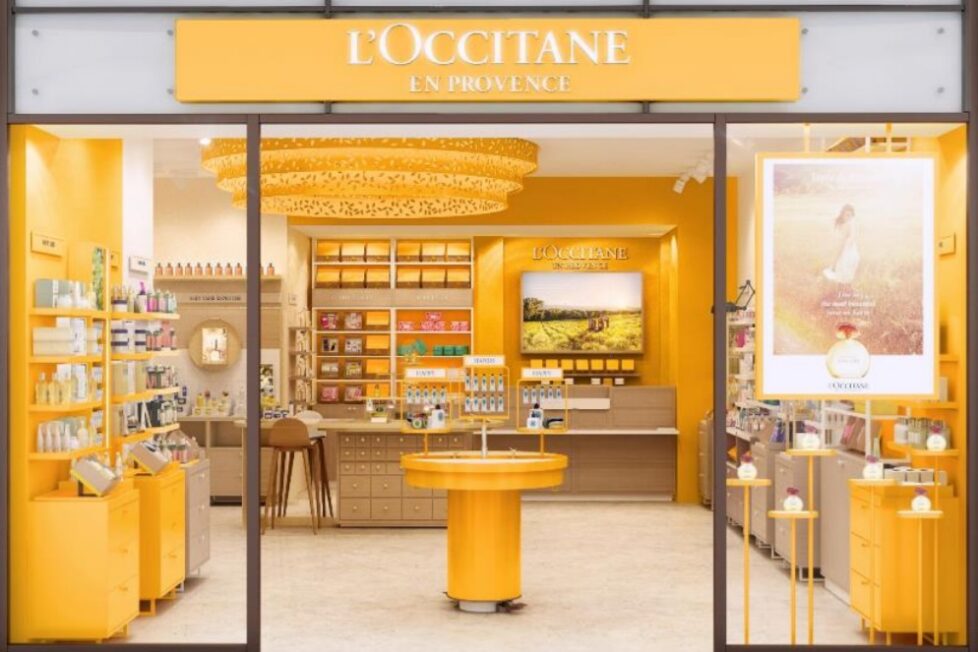L’Occitane to Eliminate Air Shipping of Products to Reduce Value Chain Emissions

Beauty and wellness products manufacturer and retailer L’Occitane Group announced today the publication of its Climate Strategy, outlining its roadmap of targets and initiatives to achieve its climate goals, including the company’s ambition to achieve net zero emissions across its value chain by 2050.
L’Occitane Group’s climate goals, which have been validated by the Science Based Targets initiative (SBTi), include goals targeting the company’s direct and energy-use (Scope 1 and 2) emissions, including reducing Scope 1 emissions by 46% by 2031, sourcing 100% renewable electricity across its factories, warehouses, stores and offices by 2026, and reducing absolute emissions across Scope 1 and 2 by 90% by 2050.
Approximately 95% of L’Occitane’s carbon footprint result from value chain activities, or Scope 3 emissions, with around half of these emerging from the use phase of its products, and other major sources including transportation of products, raw materials and ingredients, and packaging. The company has pledged to reduce its Scope 3 emissions intensity by 97% by 2050.
Initiatives to address its Scope 3 impact include activities to improve sourcing low carbon materials for its products, such as enhancing the traceability of plant-based raw materials to ensure that they do not lead to ecosystem conversion or deforestation, and supporting regenerative farming practices and agroforestry, transforming its products through eco-design, using recycled and low-carbon materials for packaging and developing sustainable packaging such as eco-refills and in-store bulk dispensers.
For logistics activities and suppliers, L’Occitane has developed a green-supply chain policy, with stakeholders participating in a roadmap to increase the use of lower emissions transport methods, and the company has set a goal to achieve zero airfreight by 2030.
L’Occitane’s roadmap reveals several initiatives to target emissions from the use of its products, which it describes as “a major challenge as the Group only has a small influence upon consumer behaviour and choices and the global energy system.” In order to help address these emissions, the company said that it intends to develop easy to rinse or no-rinse products, introduce campaigns to persuade consumers to lower the consumption of hot water when rinsing products, promote more efficient devices, and encourage the recycling or re-use of products and packaging. L’Occitane also announced that it has joined the 50L Home coalition, which targets the development of solutions to limit the use of water and energy in daily usage at home.
L’Occitane has also committed to neutralize 100% of its residual Scope 1, 2 and 3 emissions by 2031, with the roadmap highlighting investments in certified nature-based solutions including high-value ecosystem preservation and restoration programs, reforestation, regenerative agriculture projects and rural energy projects, and in projects contributing to carbon sequestration through natural carbon sinks, such as forests and oceans.
Adrien Geiger, Chief Sustainability Officer at L’Occitane Group, said:
“We are aiming to achieve ambitious targets with this commitment. Although our company has many options for transforming its production units, products and distribution, the creation of this low-carbon world requires us to develop solutions with our consumers and our partners.”
The post L’Occitane to Eliminate Air Shipping of Products to Reduce Value Chain Emissions appeared first on ESG Today.